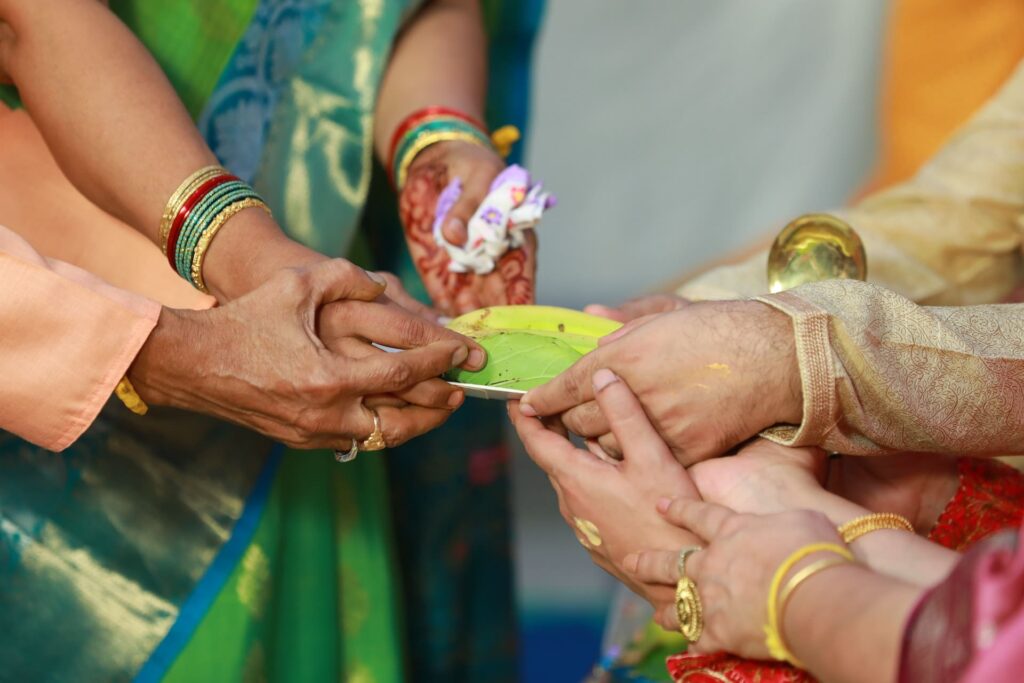
The tragic death of 26-year-old Nikki Bhati in Greater Noida has pushed the dowry issue into the national spotlight. On August 21, Nikki was found with severe burn injuries at her home in Sirsa village. She later lost her life while being taken to a Delhi hospital. Her husband, Vipin Bhati, along with his parents and brother Rohit, have been arrested for her alleged dowry death. Vipin was later shot in the leg while allegedly attempting to escape police custody.
According to the FIR filed by Nikki’s sister, Kanchan, the family had already given an SUV, a motorcycle, and jewellery at the time of Nikki’s wedding in 2016. Despite this, Nikki’s in-laws allegedly continued to demand ₹60 lakh in cash and a luxury car. Kanchan claimed that years of harassment finally culminated in Nikki being beaten, doused in a flammable substance, and set ablaze.
Evidence Raises New Questions
The investigation has taken a complicated turn. Police recovered an inflammable substance from Nikki’s room, now under forensic examination. Multiple video clips have surfaced, including one where Nikki’s mother-in-law Daya appears to intervene during a fight between Nikki and Vipin.
A hospital memo initially suggested Nikki’s injuries came from a gas cylinder explosion, while Vipin’s cousin, who took her to the hospital, claimed she repeatedly asked for water and complained of suffocation. Police are now re-examining Kanchan’s statements and reviewing CCTV footage placing Vipin outside the house shortly before the incident.
Meanwhile, Nikki’s father has demanded the harshest punishment for Vipin and his family, appealing directly to Prime Minister Narendra Modi and Uttar Pradesh Chief Minister Yogi Adityanath. He firmly rejected claims that social media activity triggered the incident, stressing instead that he had supported his daughters in running a small beauty parlour to ensure their independence.
Growing Pattern of Violence

Within just one week, five women reportedly lost their lives to dowry-related violence in Greater Noida alone. This alarming trend reflects a much deeper national problem, despite decades of awareness campaigns and legal reforms, the dowry menace continues to claim lives across India.
Each death chips away at the nation’s conscience, reminding citizens that entrenched social practices are stronger than legal deterrents. The persistence of such cases underscores how urgently the system needs both accountability and cultural change.
India’s legal framework is not lacking. The Dowry Prohibition Act, Section 498A of the IPC, and provisions against dowry deaths were designed to shield women from exactly these tragedies. Yet weak enforcement and low conviction rates have dulled their impact. Families continue to exploit loopholes, while victims often fear the stigma of speaking out.
This gap between law and implementation has left countless women vulnerable. Nikki’s death is yet another painful reminder that legislation alone is not enough without strong institutions and a societal commitment to justice.
From Noida to a Nationwide Reform
The outrage following Nikki’s death has sparked protests and even unusual suggestions. For instance, gifting swords or pistols to daughters instead of gold during weddings. But symbolic gestures alone cannot uproot an institution as deep-rooted as dowry.
Nikki’s tragedy is not just the story of one family. It is a national wound that demands urgent healing through reform and a change in collective mindset. India needs stronger law enforcement, faster trials, and consistent accountability for perpetrators.
Stay updated for more with The World Times.



